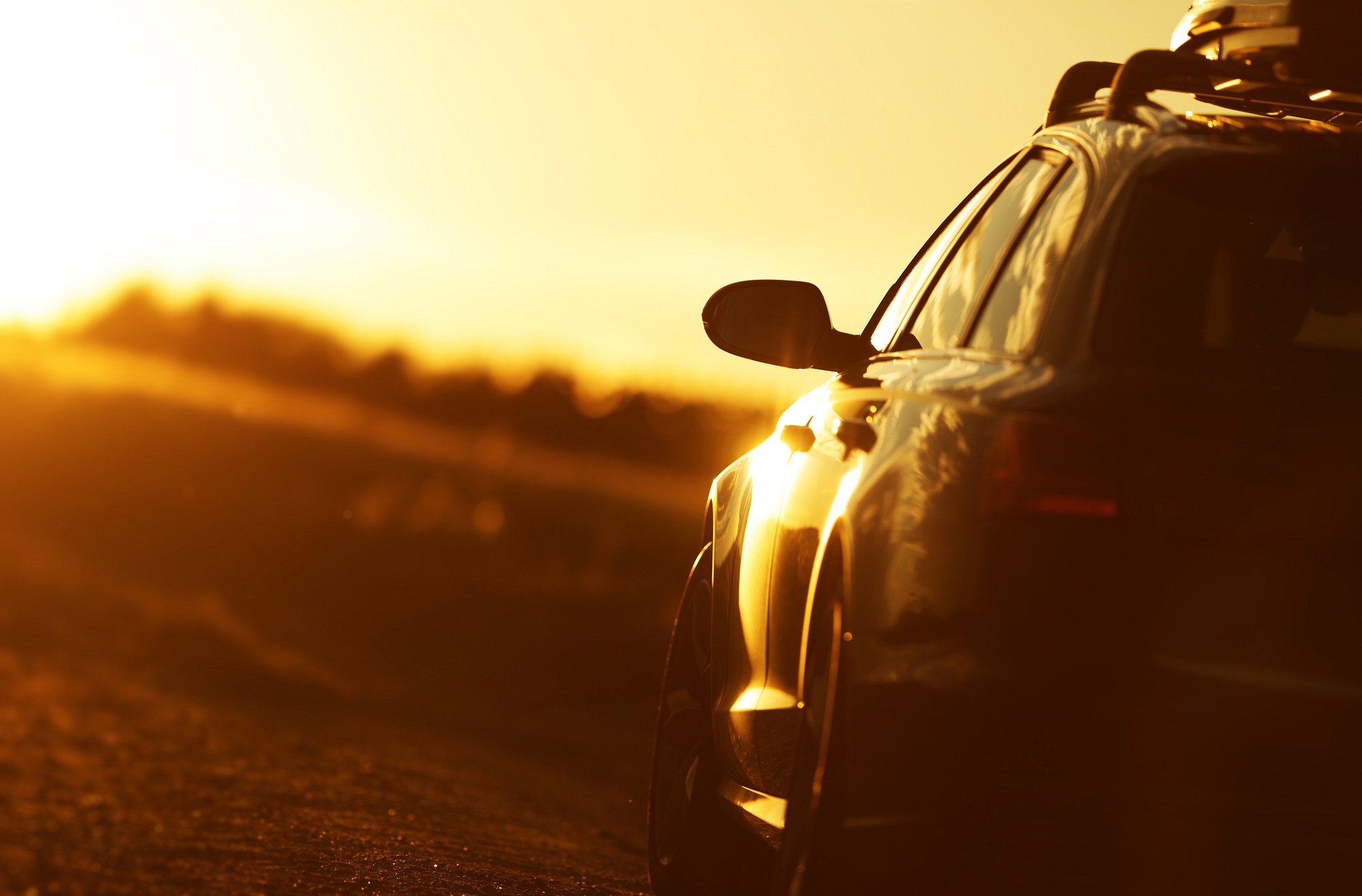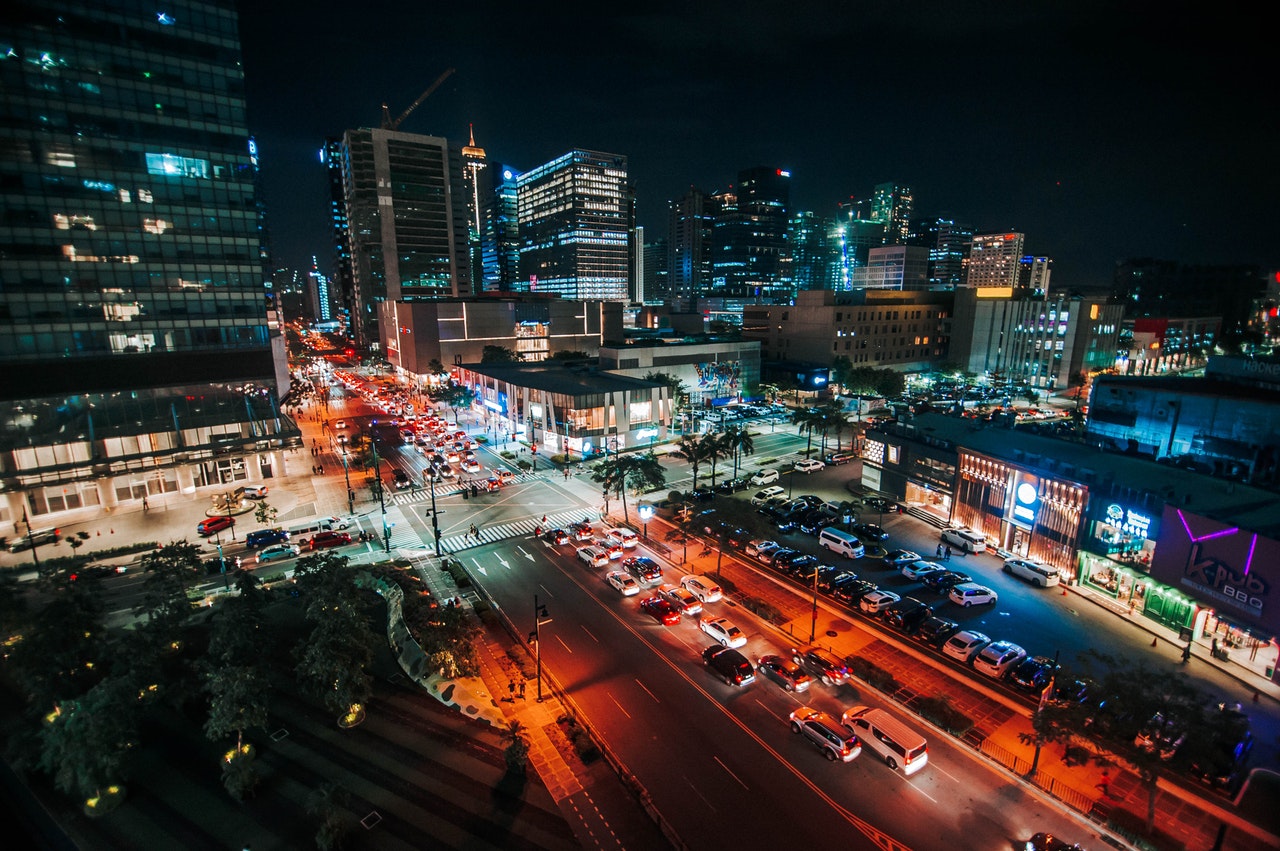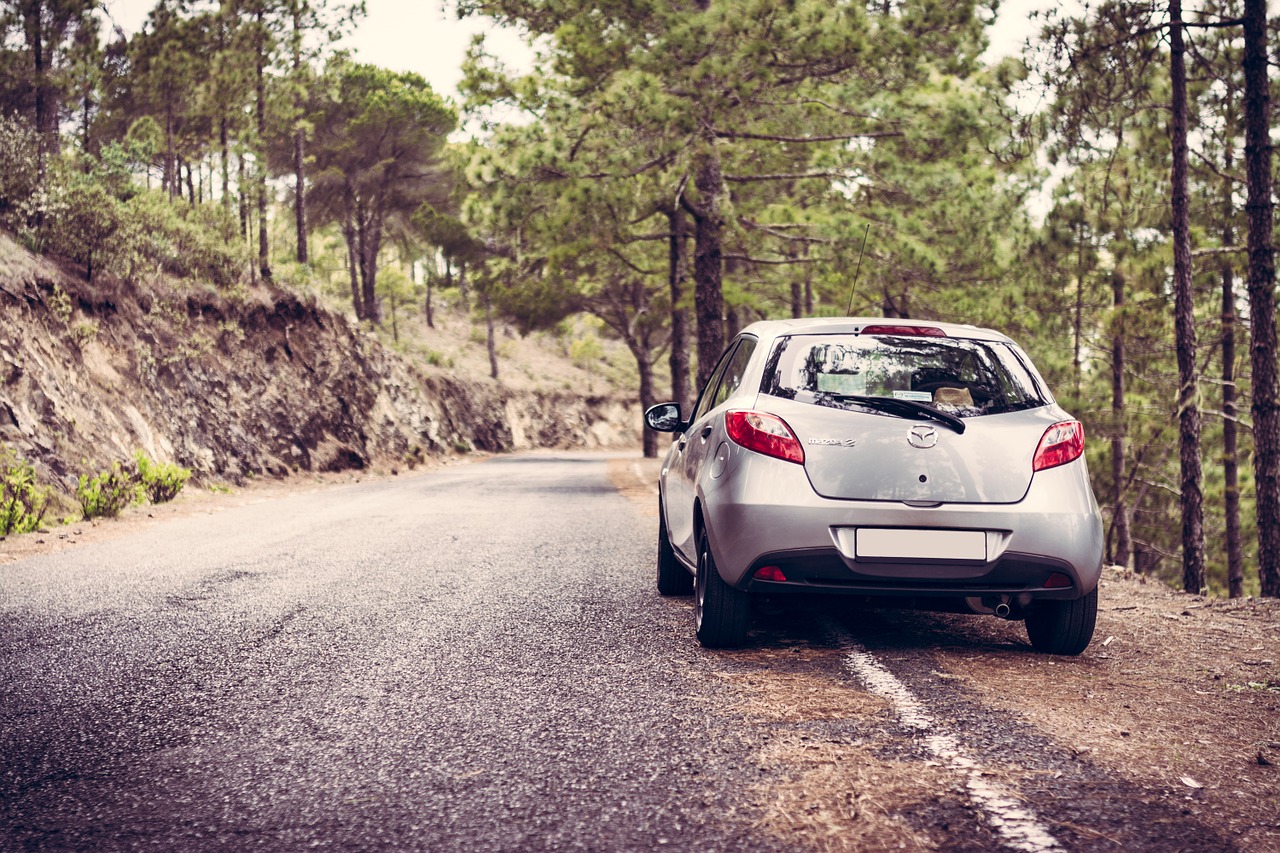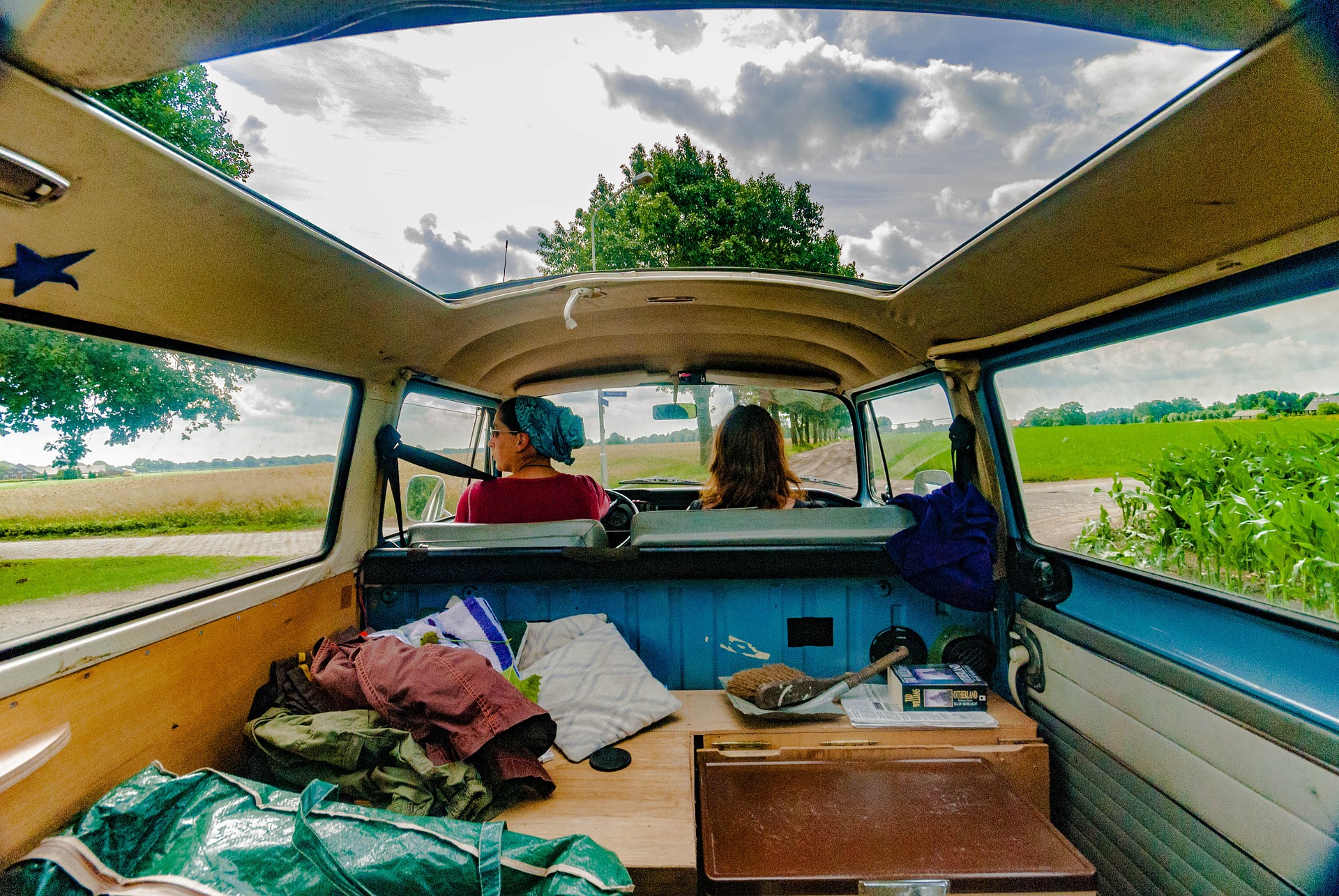How to Check Your Car Before a Road Trip [Infographic]
Going on road trips with your friends and family is one of the most effective ways to relieve stress from work and other stressors. For a beautiful country like the Philippines, a two-hour drive can lead you to the most breathtaking sceneries, jaw-dropping views, and beautiful landscapes or beaches.
Driving your own vehicle is also more comfortable and ideal compared to commuting through public utility vehicles: 1. They take a much longer time, 2. They can be extremely uncomfortable, and lastly, 3. It can be dangerous—as you are exposed to people you don’t know for a very long time.
While everyone—privately and publicly driven vehicles can be subjected to any kind of road accidents, private cars can always prepare for it fully, while thinking of nobody else’s safety and security besides its passengers. That being said, it is important for car owners to fully prepare their vehicles especially if they will go on long drives and long-distance road trips. They need to check and make sure that their vehicles are in good condition and is running smooth.
Fully and correctly preparing your car will avoid any breakdowns or mechanical issues, and keep you and your companions safe.
To make sure that you follow protocol, make use of the Philippine National Police’s checklist: BLOWBAG—which stands for Battery, Light, Oil, Water, Brakes, Air, and Gas.
Brake
Before going on for a ride, check the brake fluid and make sure it is performing at its maximum level. Check for the brake pads and gas pedal if it is 100% okay.
Lights
Check engine light, headlights, brake lights, and signal lights – if they are functioning well.
Oil
Startup your engine and when the engine is already warm, check the oil using a dipstick. Remember that oil expands when it is hot and contracts when it is cold, having you different readings upon measurement. The oil should reach the “full” mark to consider it good. Then, check if there is an oil leak.
Water
The water of the radiator should be full to prevent overheating. Bring an extra container of water for refilling purposes. Check if there is a water leak. You should also check the windscreen washer bottle to make sure there is enough supply.
Battery
Simply put, check the battery terminals and the level of electrolyte liquid inside the cells. Terminals should be kept clean while the liquid should reach the metal plates or cells. Refill it with water if needed.
Air
Having a flat tire sucks. Assess the air pressure of your tires and make sure there are no bulges and holes. If the tire treads are worn out, you have to change tires as soon as possible.
Gas
Long trip or not, you have to make sure you have enough gas by checking your gas gauge and refilling your reservoir at your favorite gas station.
Other tips you can follow:
- Wash your car: While others might say: “why wash the car before a trip? It will only get dirtier afterward.” Others might forget that lean the windows of your car for the best visibility. Washing it before a trip lets you inspect your car better since you will be looking at parts more closely.
- Check the condition of your wiper blades, pollen filter (car cabin), and air filters. Replace them if necessary. This will improve the vehicle’s performance and efficiency.
- Have a mechanic check it. If you are unsure whether something is wrong, or not functioning as it is supposed to be, don’t hesitate to call your mechanic and have them check it themselves.
As the cliché goes, “it is better to be safe than sorry.”, or “prevention is better than cure.” True enough, while accidents can happen anywhere, any time, and to anyone, you can only prepare for the worst, rather than prevent it from happening.
Happy Roadtrip!
More useful reads from iChoose.ph






